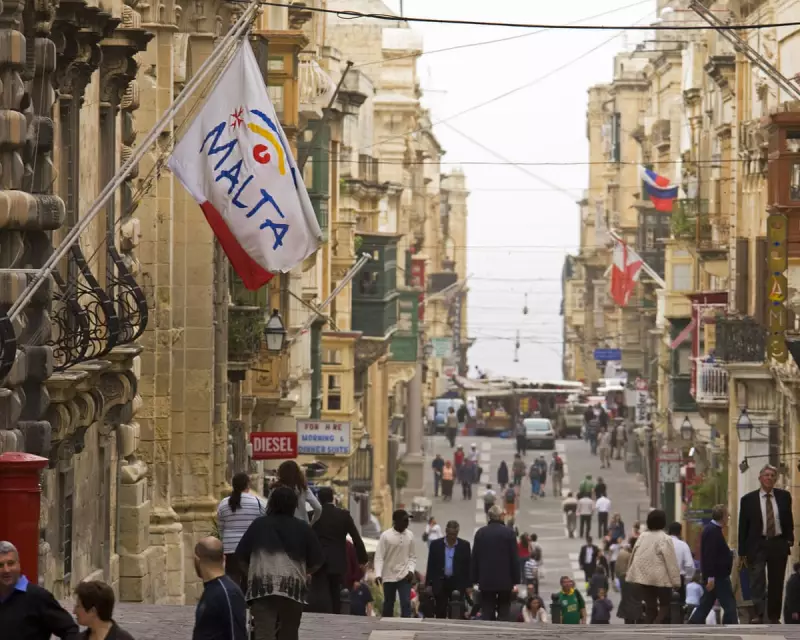
A Mediterranean Tax Haven for Brits
A growing wave of British expatriates is choosing Malta over traditional destinations, drawn not just by the Mediterranean climate but by a powerful financial incentive: a flat 15% tax rate on foreign income remitted to the island. This favourable regime, detailed in a recent Times report, is positioning Malta as a compelling alternative for UK nationals seeking to optimise their finances.
Familiar Comforts with a Financial Twist
For many British migrants, the appeal extends beyond the balance sheet. Malta offers a surprising number of familiar touchpoints that ease the transition. As one British resident told the Times, "They drive on the same side of the road, there are red postboxes, HSBCs on the corner and they have Marks & Spencer." This blend of British cultural staples and a significantly lower tax burden is proving to be an irresistible combination for a certain demographic.
The tax structure is particularly attractive. Qualified individuals can benefit from non-dom-style arrangements, which include the 15% cap on imported income and no capital gains tax. This has led some to dub the small island nation, inhabited since 6500BC, as "the new Dubai" for a new generation of economic migrants.
Local Backlash and a Call for Reform
However, this influx of wealthy foreigners is not without its consequences. The local Maltese population is experiencing significant side effects, primarily a severe housing affordability crisis. Soaring property prices, driven by high demand from new residents, have put homeownership out of reach for many locals.
The situation has sparked public outcry and calls for political action. This year, the Times of Malta newspaper demanded a radical overhaul of the tax system to cease the preferential treatment given to these economic migrants. Critics argue that these new residents "live here and use all our infrastructure but contribute almost nothing, flash their money around and irritate the local Maltese."
This sentiment highlights a growing tension between the economic benefits of attracting foreign capital and the social cost of creating a two-tier society where wealthy expats are perceived as not paying their fair share.





